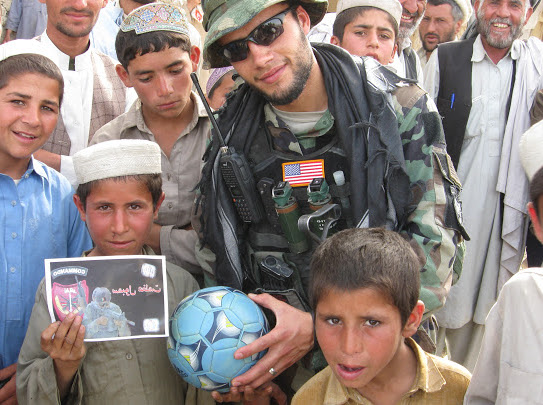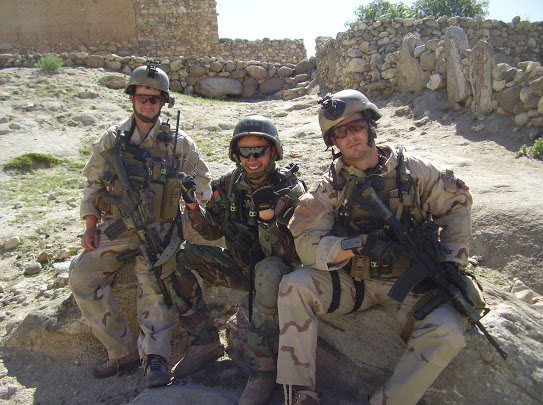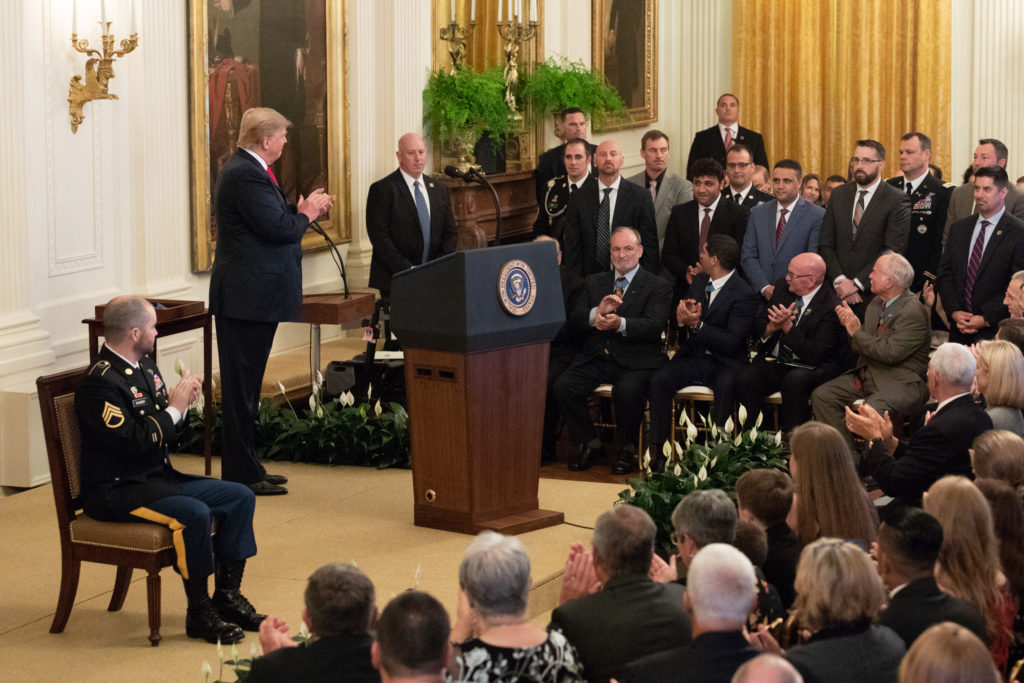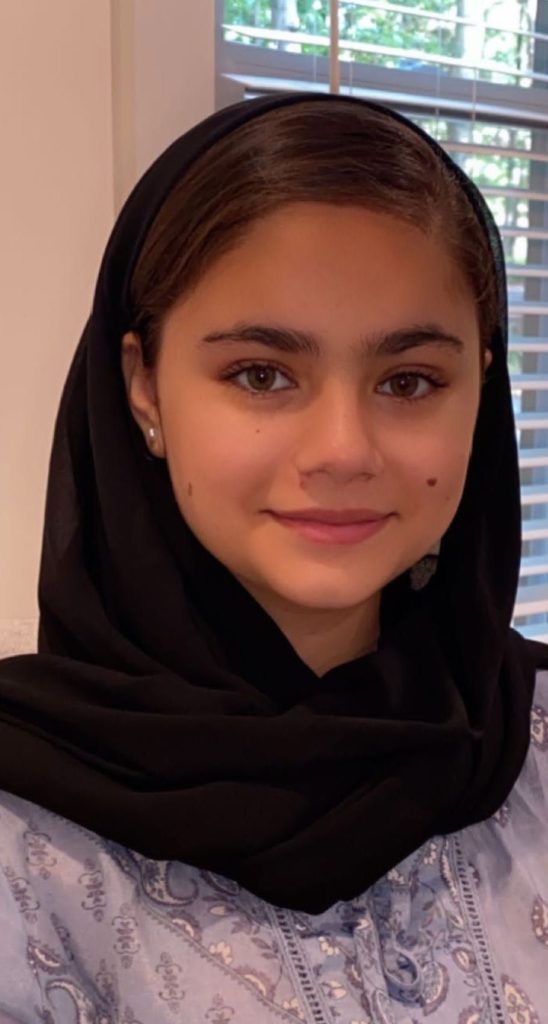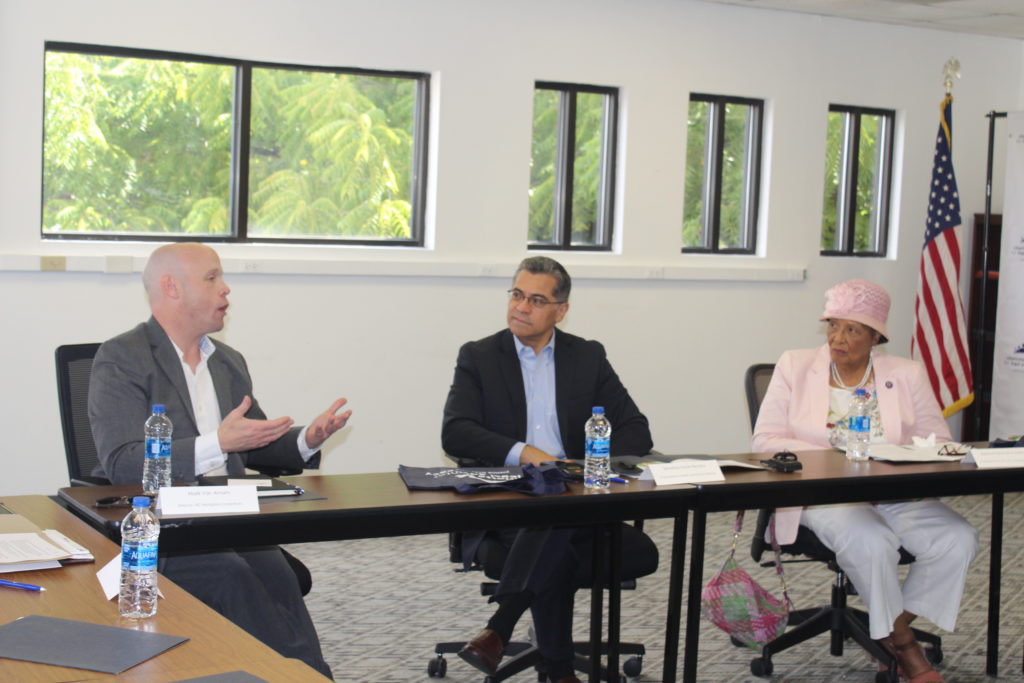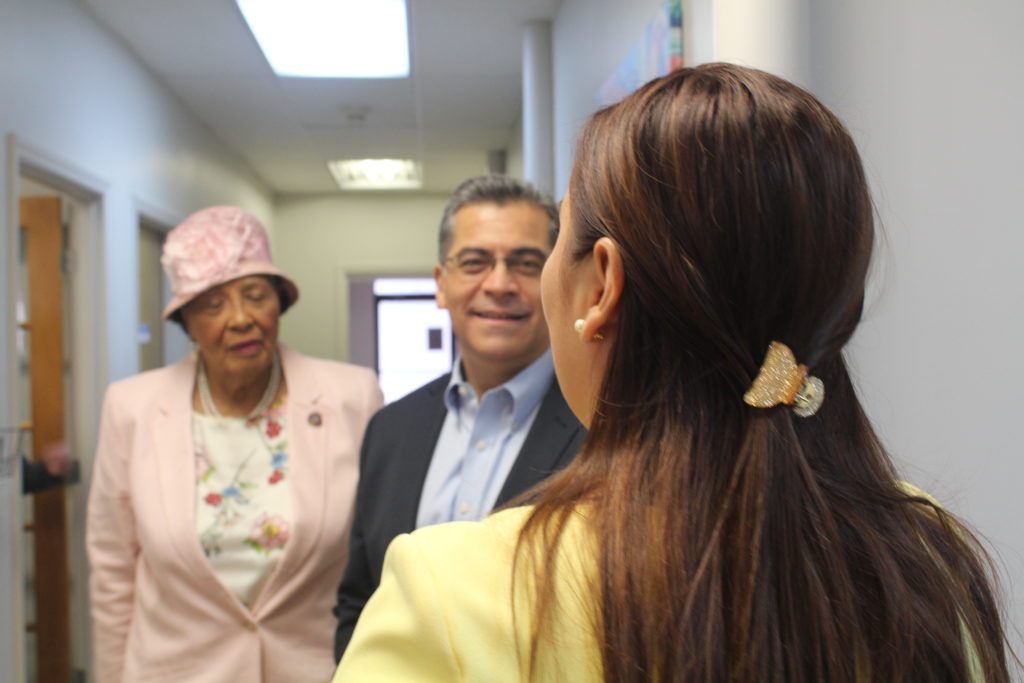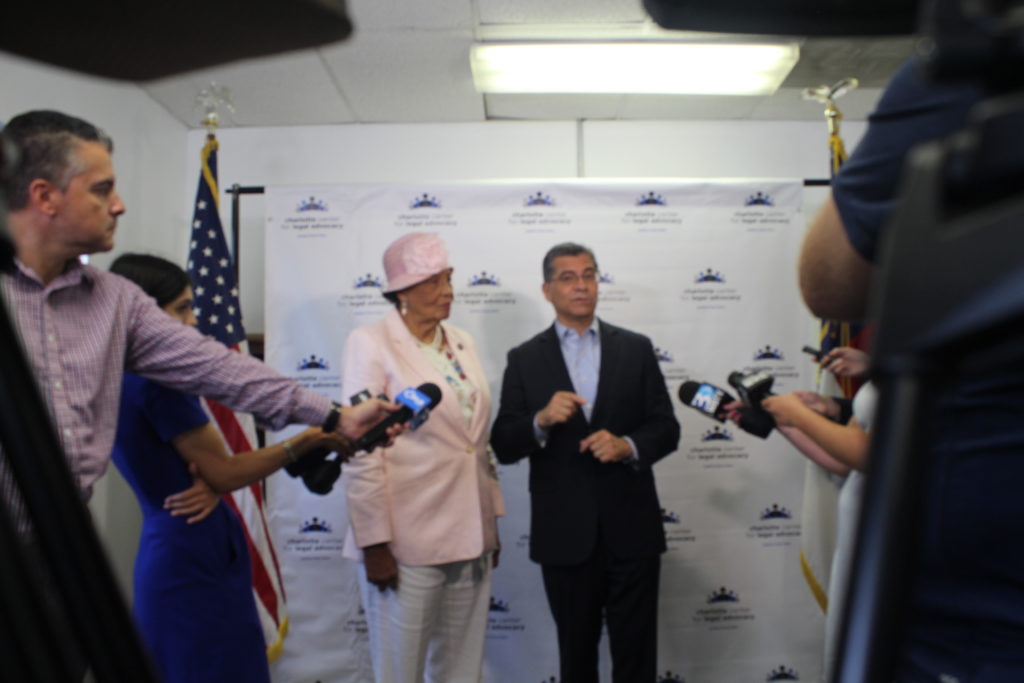Charlotte Center for Legal Advocacy shares rights and recourse for beneficiaries
Charlotte, N.C. – Charlotte Center for Legal Advocacy has received calls and inquiries from clients who are concerned about Medicaid redetermination, a process the Department of Social Services (DSS) started earlier this month to verify those who receive Medicaid are still eligible.
Beneficiaries will be contacted by DSS through May 31, 2024, to determine eligibility; those who are no longer eligible will have their Medicaid coverage reduced or terminated. Medicaid redetermination dovetails with the end of pandemic-related relief in advance of the May 11, 2023, expiration of the federal COVID-19 public health emergency. More information is available on the Advocacy Center’s website.
“Since March 2020, Medicaid beneficiaries have had the peace of mind knowing that they would not lose health coverage in the midst of the pandemic,” explained Toussaint Romain, chief executive officer of the Charlotte Center for Legal Advocacy. “While we understand pandemic aid cannot last forever, challenges related to COVID-19 are still very present and real for those struggling to keep employment, health coverage and food on the table.”
Charlotte Center for Legal Advocacy urges clients to:
- Contact their local DSS office to ensure contact information is up to date.
- Watch for mail, texts or phone calls from DSS and respond promptly.
- Create an enhanced e-PASS account to update information, upload documents and view benefits.
● Reach DSS by phone, including the right to leave a message instead of remaining on hold, and to have a call returned within a reasonable time.
● Request and receive help from DSS to obtain the information needed to redetermine eligibility.
● Have DSS accept a detailed statement about income, assets and most other facts needed to verify eligibility, in writing or verbally, without providing supporting documents.
● Not to be asked to verify information that DSS can obtain through electronic sources or to verify information that is not needed to redetermine eligibility.
● Have Medicaid eligibility considered under all categories, including an alleged disability, before Medicaid can be terminated or reduced.
● Receive written notice that states what action has been taken and the reason it has been taken before Medicaid is stopped or reduced.
Thanks to a lawsuit filed by Charlotte Center for Legal Advocacy and the National Health Law Program, Medicaid beneficiaries are entitled to specific protections and rights during the redetermination process. These rights were defined as the result of a settlement reached on October 14, 2022, in Franklin v. Kinsley, (formerly known as Hawkins v. Cohen), which requires North Carolina Medicaid to change its procedures, forms and notices in redetermining Medicaid eligibility for the 2.8 million North Carolinians currently enrolled in Medicaid. Where Medicaid redetermination is concerned, beneficiaries have the right to:
If their Medicaid is terminated, Charlotte Center for Legal Advocacy urges clients to:
● File an appeal during which beneficiaries:
○ Will have 60 days from the date of the notice to ask for an appeal.
○ Can request Medicaid benefits be continued while the appeal is reviewed, if the appeal is filed within 10 business days
● Investigate whether they are eligible for a Special Enrollment Period (SEP) for Medicare or Health Insurance MarketplaceⓇ coverage
● Call Charlotte Center for Legal Advocacy if they feel their coverage was wrongfully reduced or terminated (call 704-376-1600 and press 2).
About Charlotte Center for Legal Advocacy
Charlotte Center for Legal Advocacy provides those in need with information, advice and advocacy in consumer protection, home preservation, health care access and public benefits, immigration, tax assistance and more. Our mission is to pursue justice for those in need. Our vision is to build a just community, where all people are treated fairly and have access to legal representation to meet their basic human needs of safety, economic security, and stability. Learn more: charlottelegaladvocacy.org
